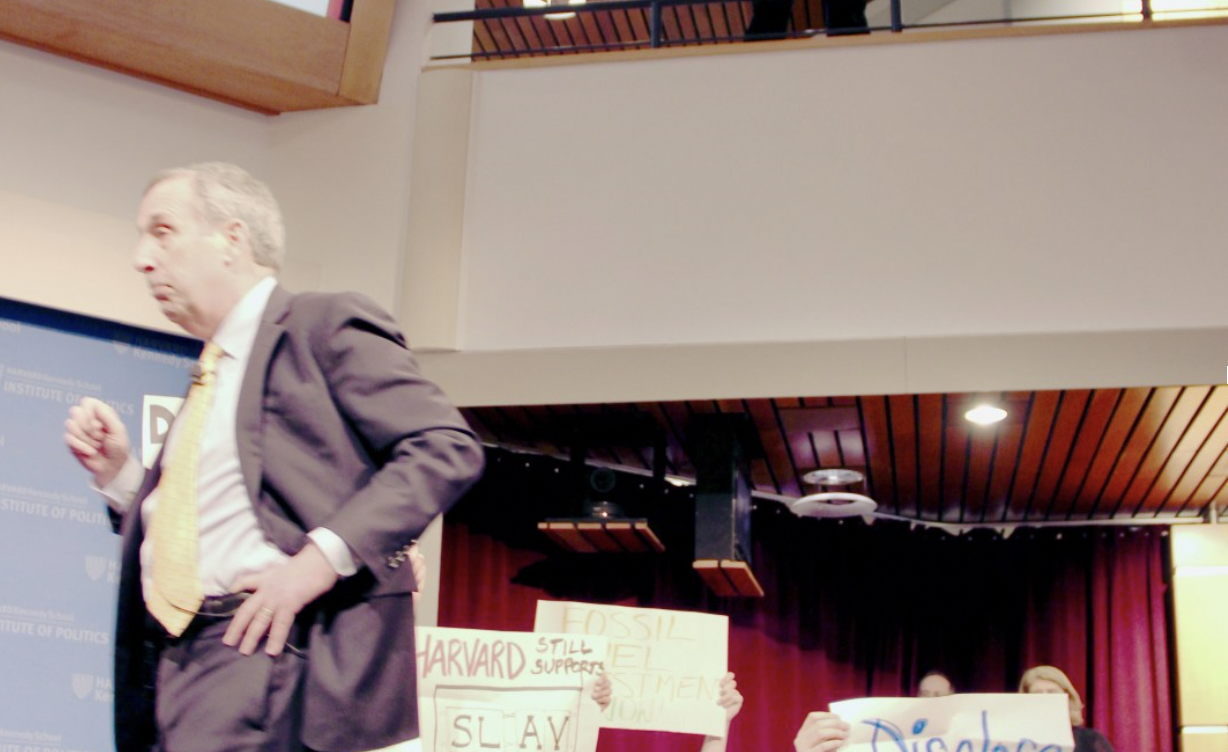
PRESS RELEASE: Bacow Repeats “$18,000” Lie at Big Donor Lunch
On Saturday, April 27, 2019, at Harvard Law School, President Lawrence Bacow hosted a lunch for members of the Harvard Committee on University Resources (COUR), a group of the university’s biggest donors. During the question-and-answer period, one student, who was a “table-host” for the donors, questioned why Harvard refuses to divest from prisons, given that Harvard has already divested from South African apartheid, the tobacco industry, and genocide in Darfur. In response, Bacow told the event attendees that the University only has $18,000 invested in prisons.
This student asked Bacow, “Given the documented human rights harms caused by for-profit prisons in America, why is Harvard considering the harm caused by private prisons not commensurate with the harms caused by some of these other movements that we already made the decision to divest from?”
In response, Bacow told the event attendees that the University only has $18,000 invested in prisons. “There are five companies that have been identified as owning or operating private prisons. The extent of our holdings is derivative because we own some index funds that buy basically the entire market and these five companies are represented within,” Bacow responded. “The extent of our holdings through the index funds what we own in this particular index fund weighted by these five stocks turned out to be 18,000 dollars within a 40 billion dollar endowment.”
Bacow then reiterated that the Harvard endowment has no direct holdings in the alleged five private prison companies and he has no knowledge of plans to buy direct holdings in the company. Bacow continued, “There is little to divest from, and as a practical matter it’s very difficult to operate an endowment in which we can be certain that any moment in time that there are not any derivative holdings because so much money is managed by outside investment managers.” Bacow then claimed that he has offered to facilitate meetings between Harvard Management Company officials focused on investment responsibility and the divestment student organizers.
Bacow’s remarks come on the heels of the Harvard Prison Divestment Campaign (HPDC) recently published report on the extent of Harvard’s holdings in the prison-industrial complex. Contrary to Bacow’s claim, the report demonstrates that, based on just the 1% of the endowment that is publicly disclosed, Harvard has at least $3 million invested in prisons and the prison-industrial complex. With respect to just two private prison companies, CoreCivic and the GEO Group, the Harvard Management Company’s ETF portfolio data shows that Harvard has $38,020 and $43,451 invested, respectively, as of its most recent SEC filing from February 8, 2019.
Furthermore, Bacow’s emphasis on Harvard not having any direct investments in private prison companies is misleading and largely irrelevant. Harvard only has direct investments in eight companies, such as Apple and Aduro Biotech. Companies are able to use Harvard’s investment dollars just as well when they come from derivative, rather than direct, holdings. The “indirectness” of the holdings does not exonerate Harvard or Bacow from their decision to fund higher education through incarceration.

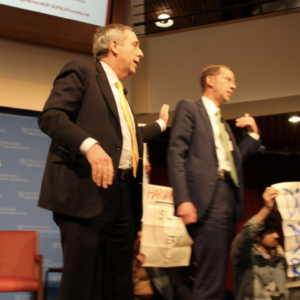
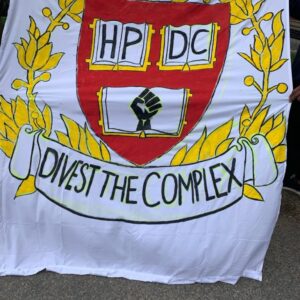
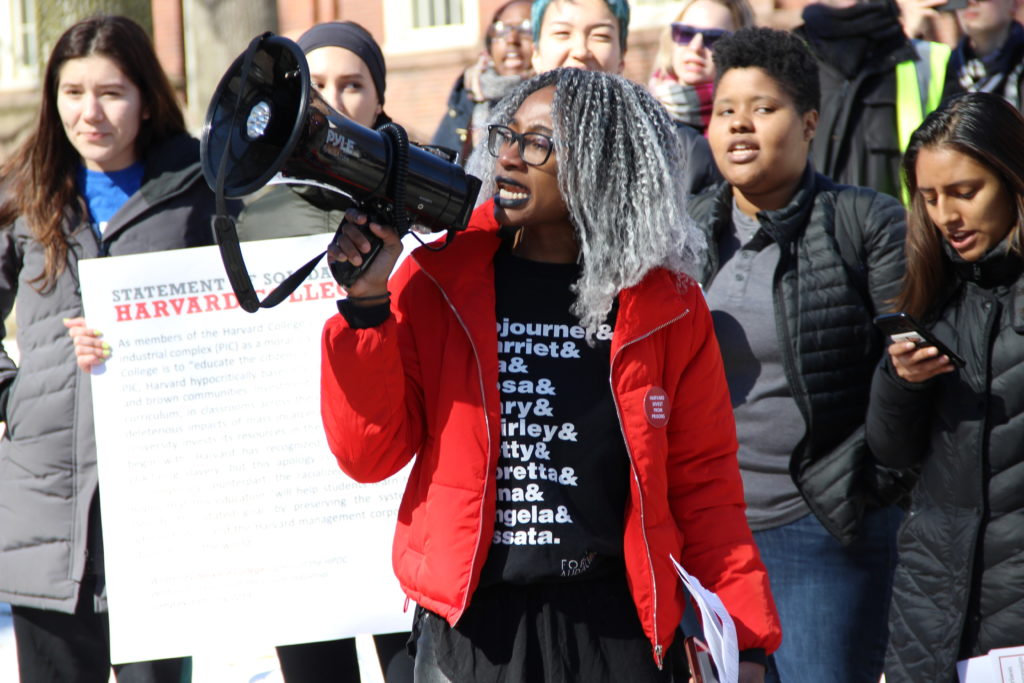
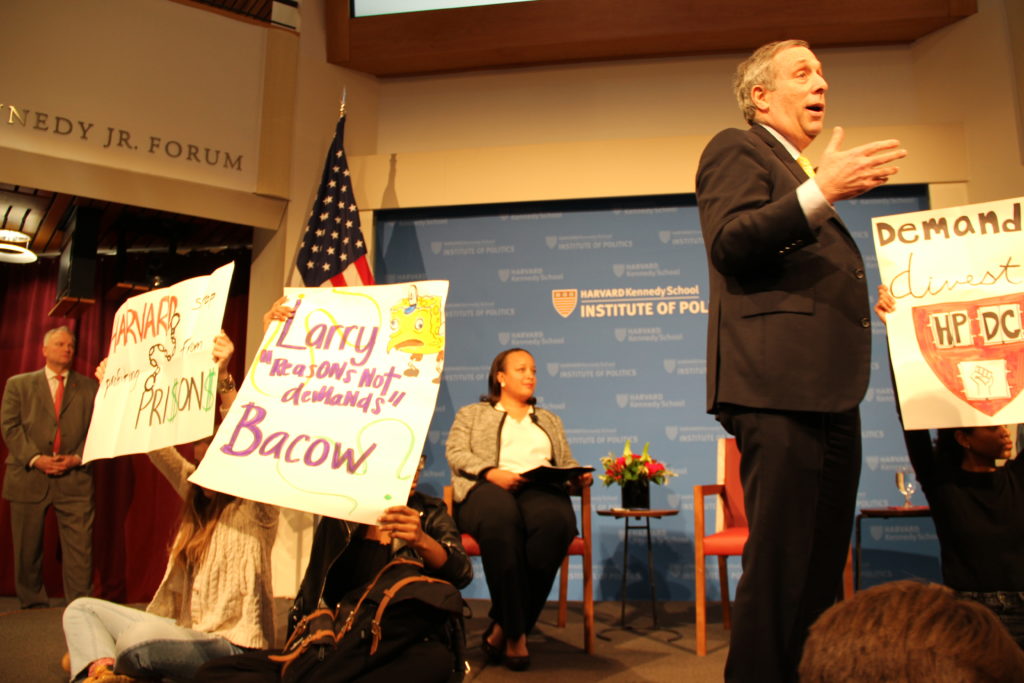
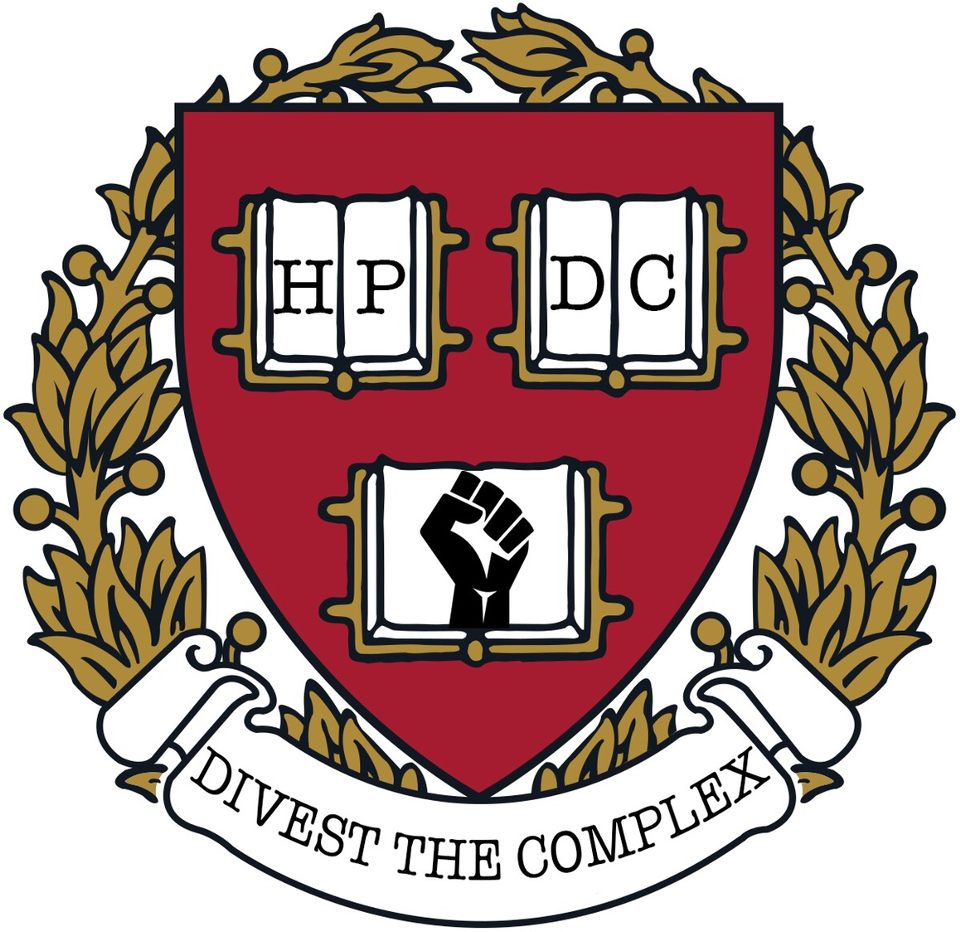
Leave a comment